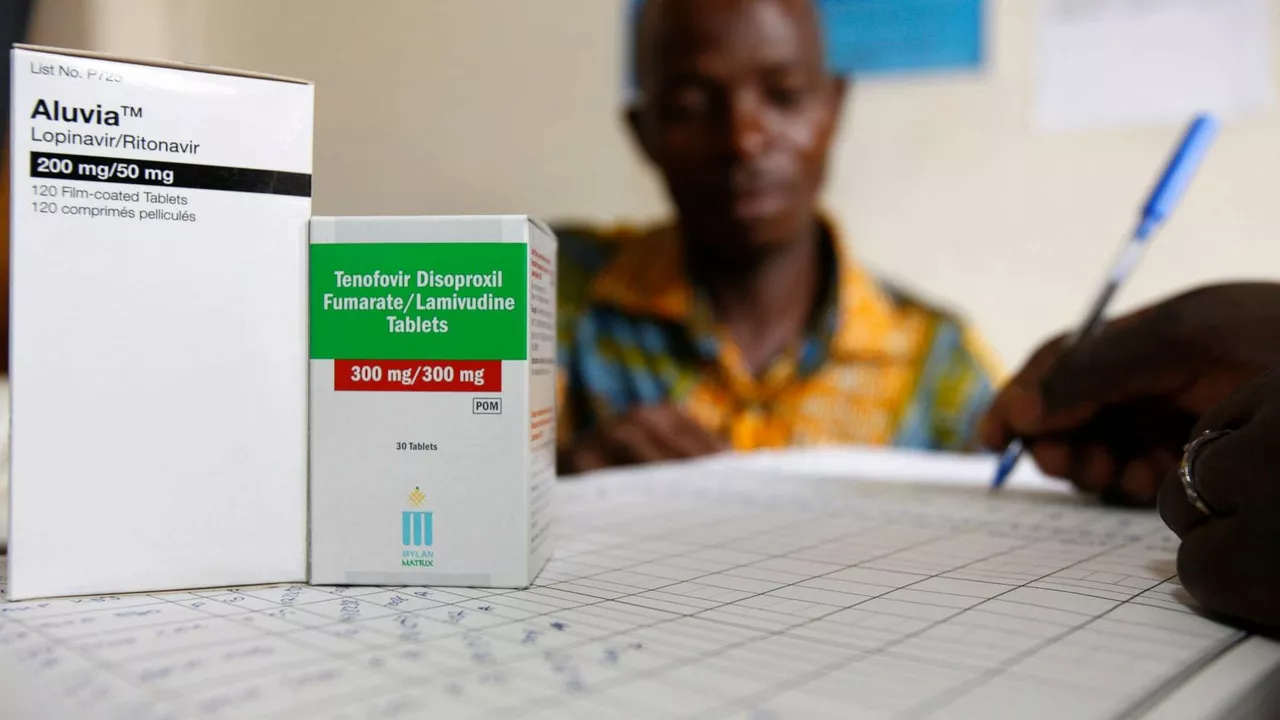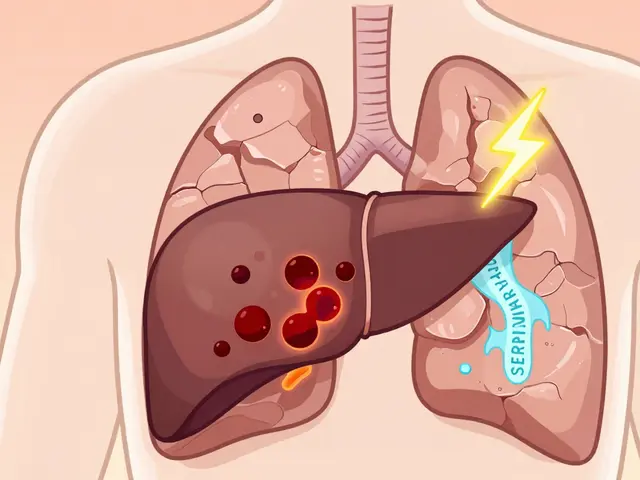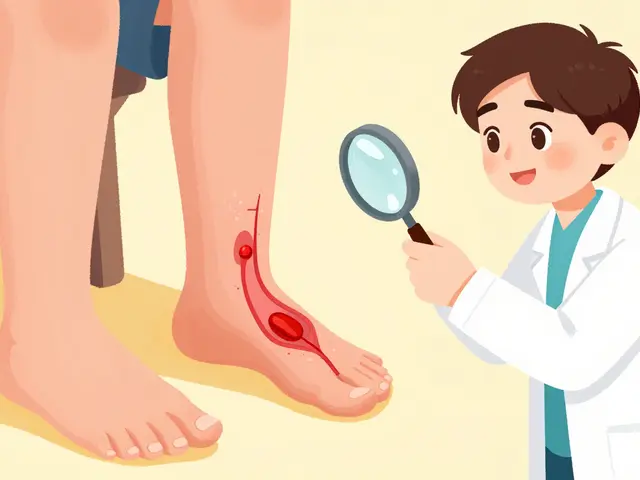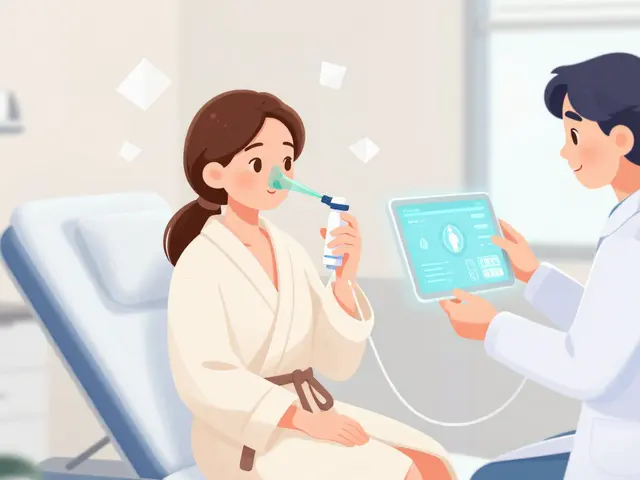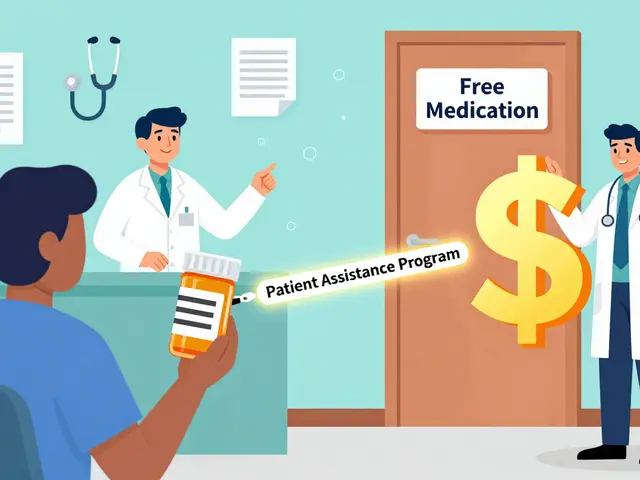Older HIV Patients: Practical Care Tips for Aging with HIV
Growing older with HIV brings new questions. You might feel fine on treatment, but age changes how medicines work, how your body heals, and what health checks you need. This page gives clear, practical tips for older HIV patients — things you can do now to lower risks and keep living well.
First, stick with your antiretroviral therapy (ART). Maintaining an undetectable viral load protects your immune system and reduces risk of other illnesses. If side effects or pill burden is a problem, talk to your clinician about simpler regimens or once-daily options. Don’t stop or change doses without medical advice.
Manage medicines and watch for interactions
Most older people take multiple drugs. That raises the chance of interactions between ART and heart, diabetes, or blood pressure medicines. Keep a single up-to-date list of every drug, vitamin, and supplement you take and show it to every provider. Pharmacies can run interaction checks; ask for that service. If a med causes dizziness, fatigue, or mood changes, it might be an interaction or dose issue — report it right away.
Bone and heart health need attention. Some HIV medicines affect bone density and cholesterol. Ask for a bone density scan if you have risk factors, and check cholesterol and blood pressure yearly. Small changes — daily walking, cutting back on alcohol, and adding vitamin D when advised — can protect bones and heart together with your meds.
Screening, vaccinations, and daily habits
Older HIV patients should keep routine screenings up to date: colon cancer screening, breast or prostate checks when appropriate, and regular kidney and liver tests. Vaccines matter more with age — flu, pneumococcal, shingles, and COVID boosters can prevent hospital stays. If you smoke, quitting is the single biggest step to reduce heart and lung problems.
Mental health and social ties matter. Depression and isolation are common and affect adherence and outcomes. Keep social contact, join a support group, or speak to a counselor. Memory worries? Ask your provider for cognitive screening; treatable causes like sleep apnea, depression, or medication effects can be fixed.
Don’t ignore sexual health and dental checks. Regular STI testing and safe sex conversations remain important, even if you’re older. Poor dental health can worsen systemic inflammation — see a dentist yearly. Aim for a balanced diet with enough protein and fiber; a dietitian can give practical plans if appetite or weight changes are an issue often.
Plan for care. Make sure someone knows your medical wishes and where your documents are. Consider a medication organizer or blister packs if pill routines are tricky. Home blood pressure monitors and telehealth check-ins make life easier for many older patients.
The main idea: keep your viral load undetectable, manage other conditions, and stay connected with your care team. Small, consistent steps—med review, vaccines, screening, exercise, and social support—add up to better health as you age with HIV. If something feels off, call your clinic sooner rather than later.
Ritonavir and aging: Addressing the needs of older HIV patients
In my recent deep-dive into HIV treatment, I've been particularly intrigued by the role of Ritonavir in managing the disease in older patients. As our HIV positive population ages, it's important to address their unique needs and challenges. Ritonavir, an antiretroviral medication, is proving effective. It's been helping to boost the efficacy of other drugs, and increasing overall health and longevity. It's fascinating to see how this treatment is changing the game for our elderly HIV patients.
Read More